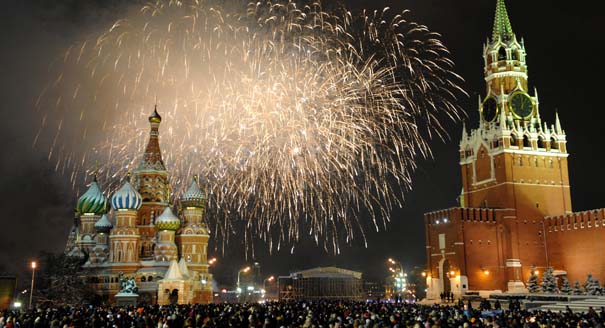The Kremlin was able to consolidate its domestic authority and assert itself globally during Russia’s economic boom, but economic, security, and governance crises have shaken Moscow’s confidence. If it is to overcome its current challenges, Moscow must begin thinking strategically. To do this, policy makers need to open space for public debate and engage in substantive discussions on critical global issues—and Western governments and institutions need to open the door to independent Russian voices—contends a new paper by Sam Greene and Dmitri Trenin.
Key Conclusions:
- As the Kremlin centralized power, leaders cut themselves off from public feedback, leading to a disconnect between realities on-the-ground and several disastrous policy initiatives.
- While the Kremlin is slowly beginning to open itself to outside opinions, it must rebuild trust and goodwill among public officials and nongovernmental experts if it is to revive a truly constructive dialogue.
- Russia has failed to engage on key global issues—including financial regulation, climate change, and the “responsibility to protect”—and risks further marginalization. When it has made proposals, they are so far out of synch with global thinking that they fail to elicit a productive response.
While these challenges must be addressed by the Russian people and their leaders, the West can help:
- Moscow is aware of its own weakness. There is no benefit for Western leaders in reiterating the point.
- An institutionalized relationship based on treaties, membership of international organizations, and global cooperation is the best course of action. A bilateral relationship based solely on a personal bond between leaders allows the Kremlin to avoid tackling real issues.
- President Obama’s approach on his first trip to Russia—depersonalized and pragmatic—struck exactly the right tone.
The authors conclude:
“If the West seeks to exploit Russia’s absence for its own competitive advantage, a future democratic Russia will rightly feel it has been mistreated, and Russia’s nationalists and isolationists will once again win the day. Eventually, Russia’s interests will have to be taken into account, and there is no reason that moment has to wait until the Kremlin learns to express them clearly and constructively.”






